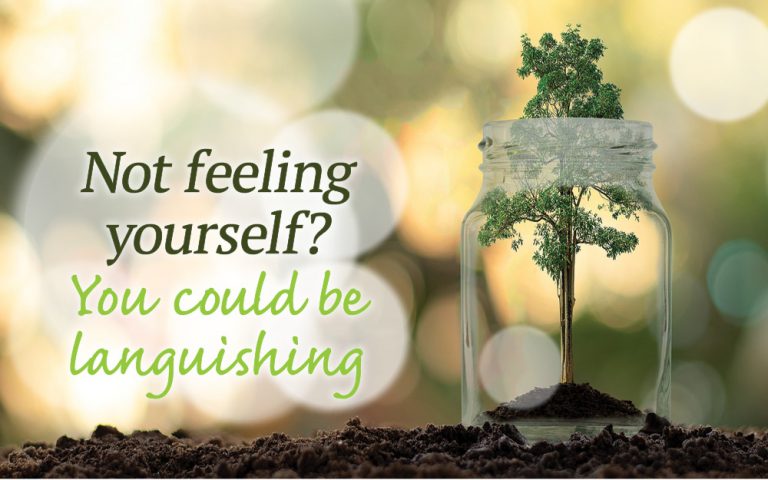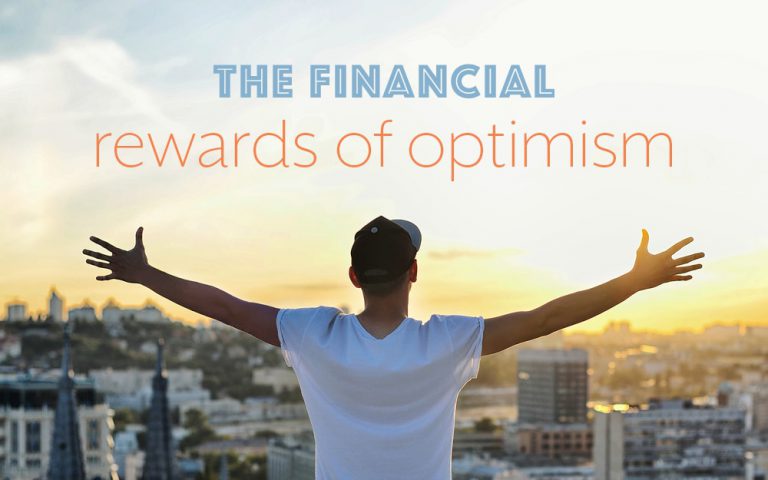“Life begins at the end of your comfort zone.”
“Everything you’ve ever wanted is one step outside your comfort zone.”
“Outside of the comfort zone is where the magic happens.”
Sound familiar? We’ve all heard the phrase before – in a book, on a motivational poster, in a meme, as part of an ad. It’s the ubiquitous, go-to idiom for motivating people to do things that, well, they don’t really want to do. But it’s used so often that it’s almost lost its meaning.
So what does it really mean to ‘get out of your comfort zone’?
The psychology of the comfort zone
You may be surprised to learn that your comfort zone is a real thing – something you can observe, measure and manipulate. To put it simply, your comfort zone is a psychological state in which you feel familiar, at ease, and in control of your circumstances. A state in which you feel little (if any) stress and anxiety.
Psychologists, along with other scientists and academics, have been studying the phenomenon for over a century, usually in reference to performance management. In other words, what happens to your capacity to get things done when you’re pushed beyond what you’re used to.
A 1907 US study claimed that the anxiety (induced from going beyond what is familiar and easy) improves performance – up to a certain point.i Beyond that point – in the ‘danger zone’ – performance shoots back down. More recently, in 1991, Dr. Judith Bardwick wrote a comprehensive tomeii where she defined the parameters of the comfort zone; what’s ‘too comfortable’ and ‘too stressful’ for achieving anything worthwhile.
Why it’s good to push yourself
There are plenty of good reasons to push yourself beyond what you’re comfortable with. For example, at work, setting higher goals and tighter deadlines can make you more productive. Trying a new way of doing something – a creative way – can give you and your colleagues the confidence to overhaul methods and protocols that have a real measurable impact on both qualitative and quantitative outcomes (like profits).
Outside the workplace, taking controlled and measured risks can help prepare you for unexpected life events, such as the loss of a loved one or a serious career hurdle. Repeatedly taking on small challenges builds your coping mechanisms, resilience, self-teaching skills, and other capabilities. The key is picking something small, where you know and can accept the boundaries of the risk. For example, try taking a different route to a destination you visit often. You’ll be forced to think of good alternatives, but you’ll still be able to budget for travel time and prepare for what could happen if you get lost or are late.
Get out of your comfort zone
|
Once you master defining and pushing your boundaries, you can look forward to dramatic and exciting life changes. And if your comfort zone happens to be defined by financial fears, feel Complimentary give us a call – we’ll help you push closer to your wealth goals.
i ‘The Dancing Mouse: A Study in Animal Behavior’ Journal of Comparative Neurology & Psychology, 1907, No. 18.
ii Danger in the Comfort Zone: From Boardroom to Mailroom–how to Break the Entitlement Habit That’s Killing American Business (1995 edition).
iii http://www.theatlantic.com/health/archive/2014/10/more-languages-better-brain/381193/




































































